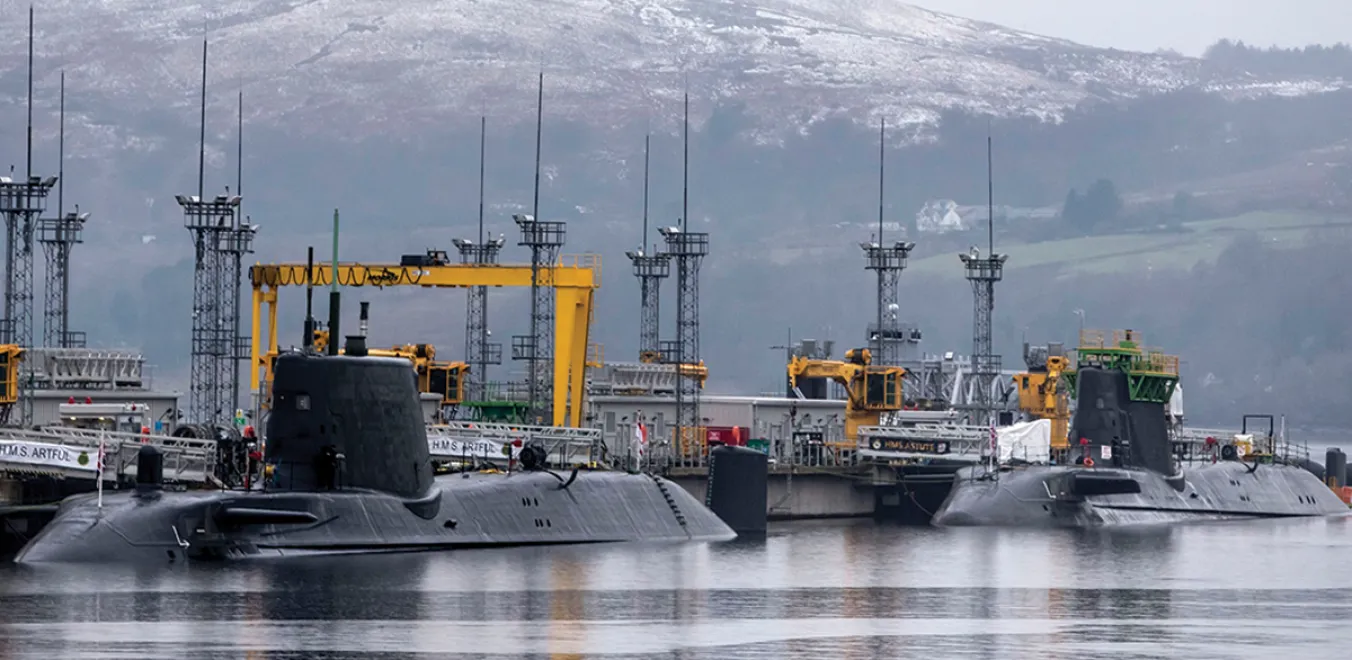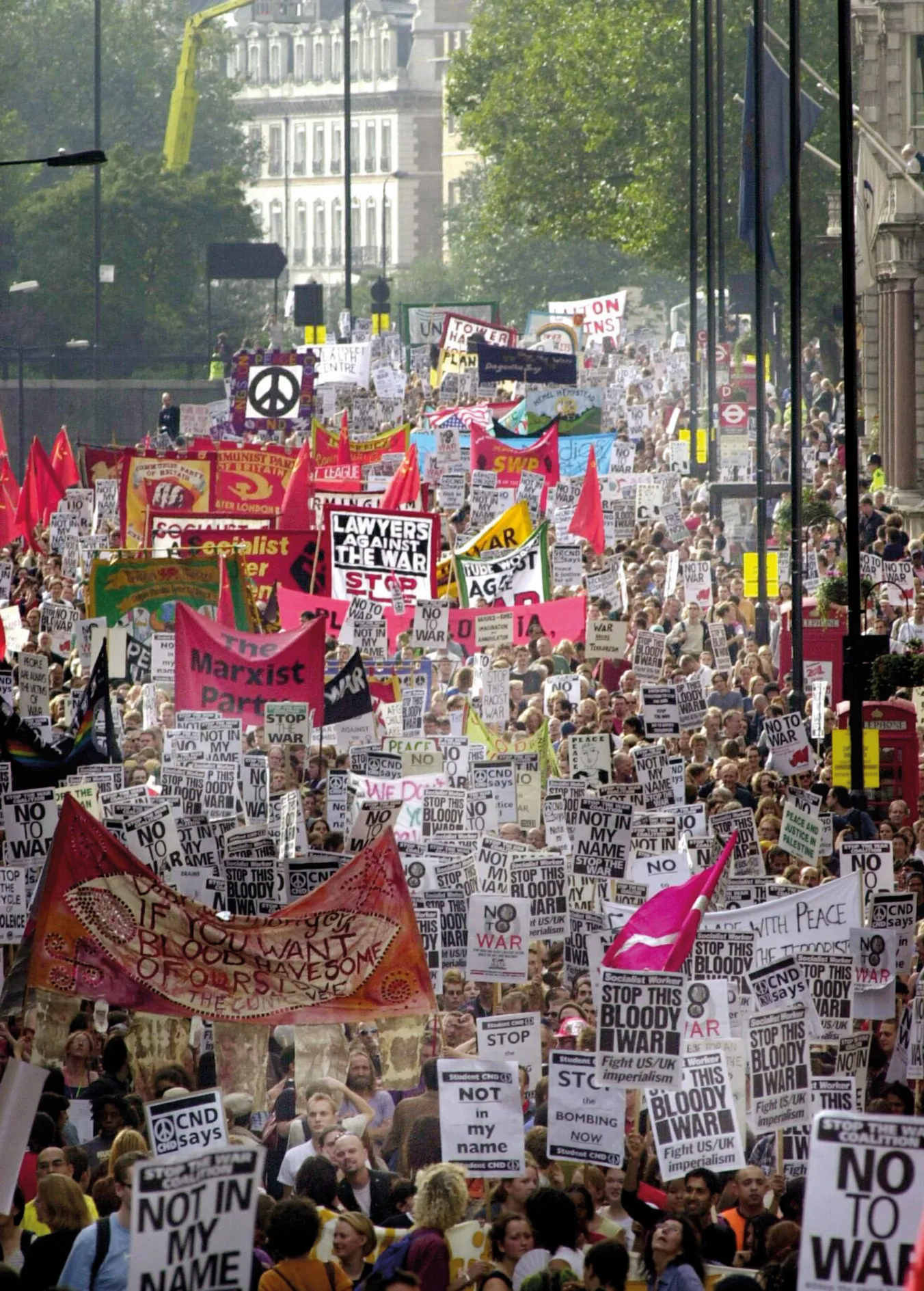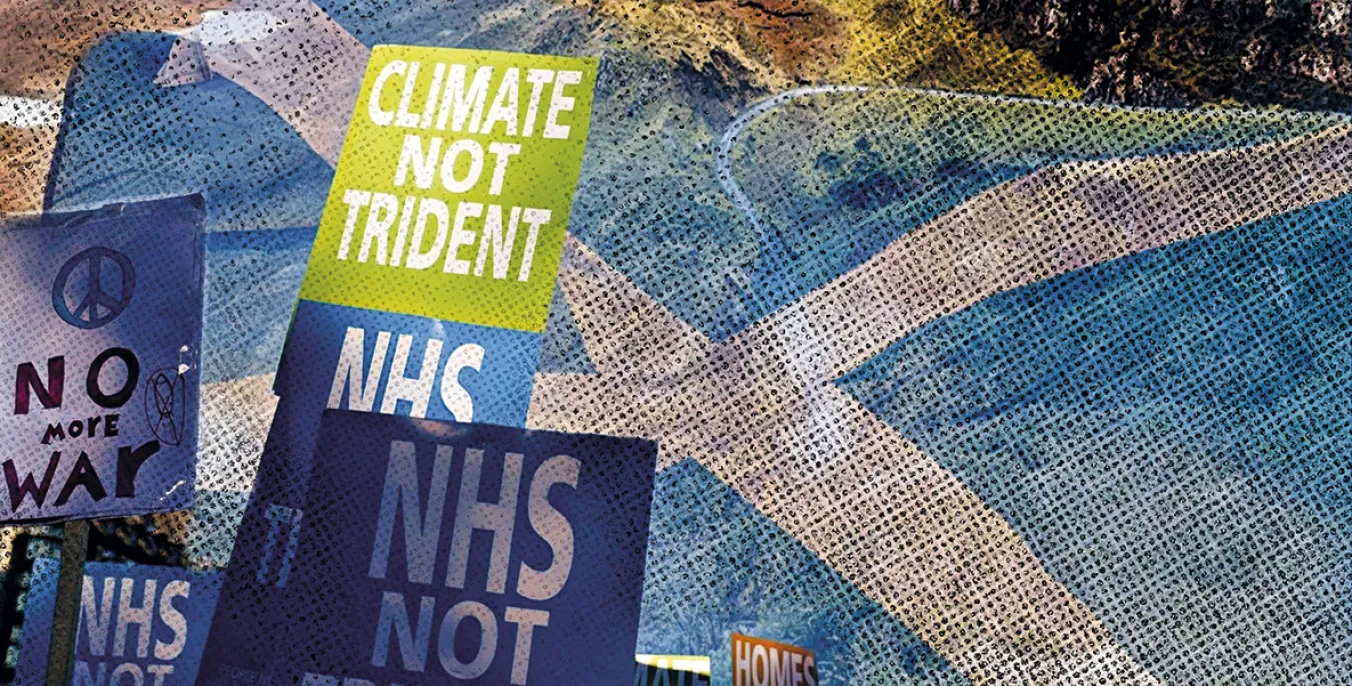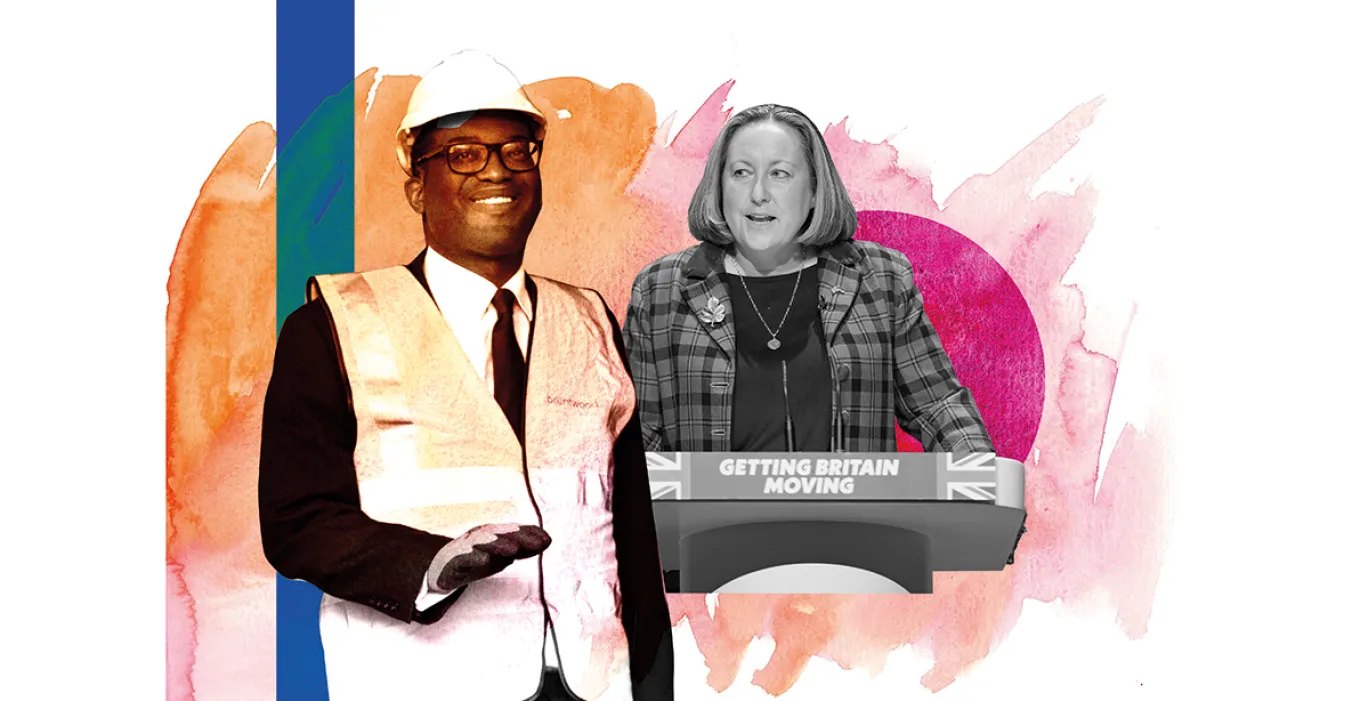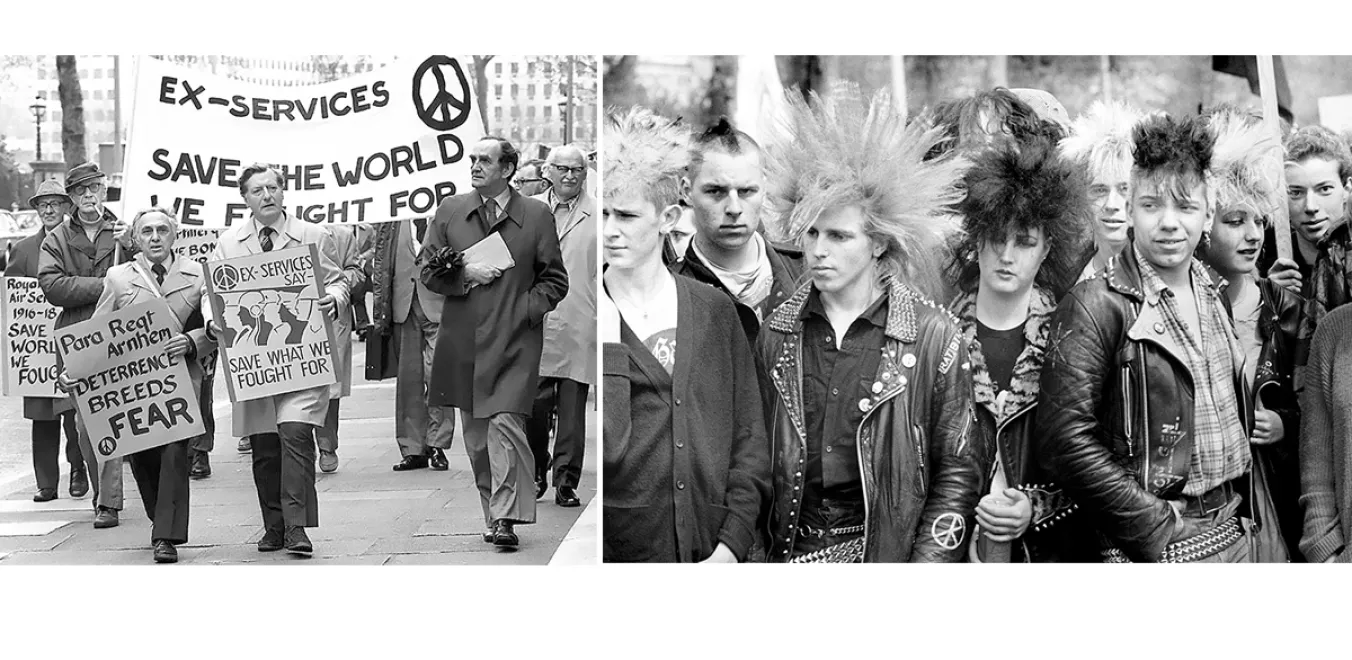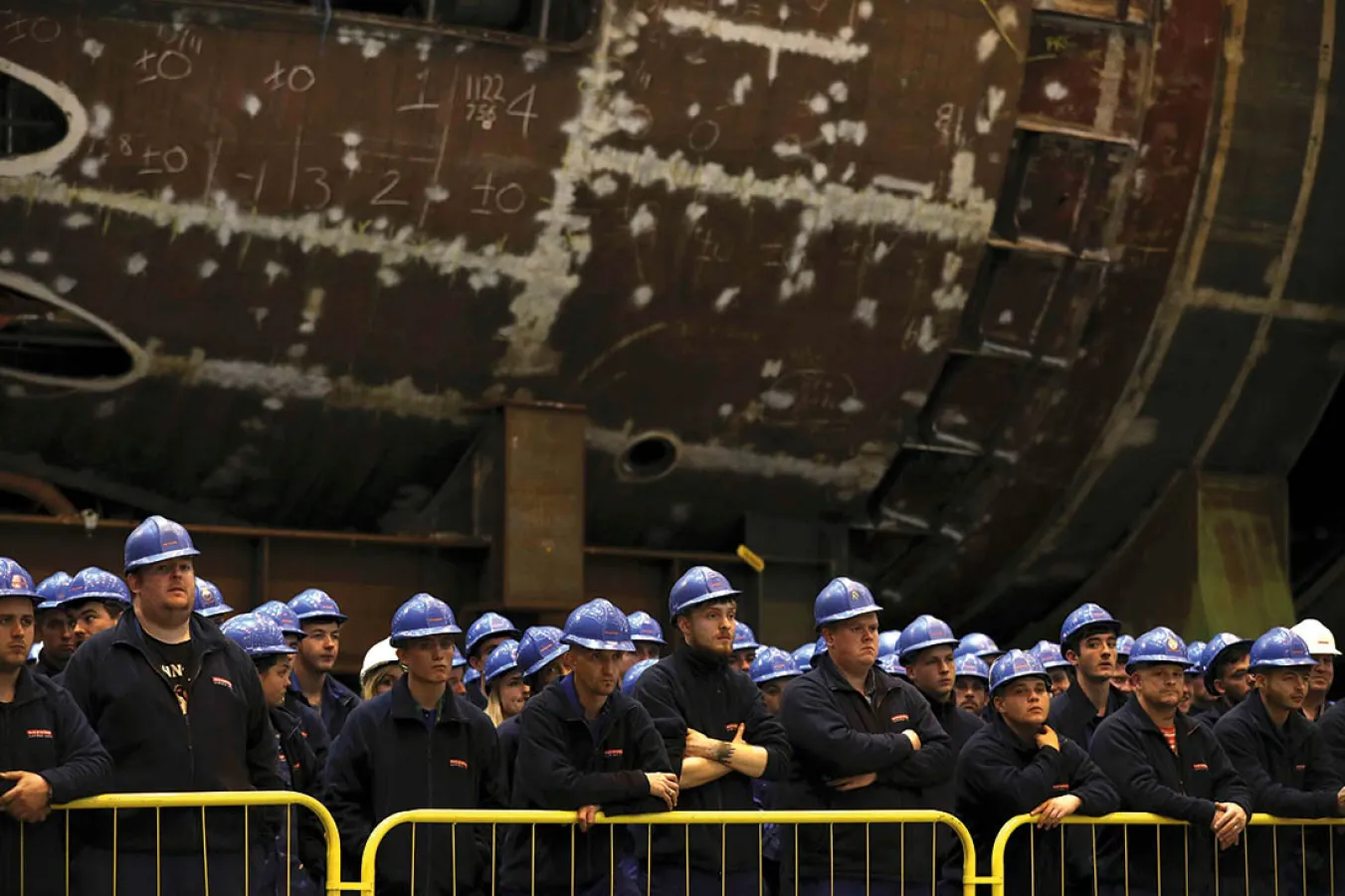
THE International Crisis Group (ICG) has reported since the beginning of 2024 on wars burning in Gaza, Sudan and Ukraine, with peacemaking efforts being sidelined. The ICG has also documented the increase in wars since around 2012.
The first of these conflicts occurred in Libya, Syria, and Yemen. Unfortunately, as the ICG documented, instability in Libya also spilt over to violence and disruption in the Sahel region. The ICG has also highlighted the Azerbaijan-Armenia war over the territory of Nagorno-Karabakh in 2020.
At the time of writing this article, most media outlets agree that over 40,000 Palestinians have been killed as a result of Israel’s current war on Gaza. Several media outlets, including the BBC report, also indicate that many thousands of people have been killed or injured as a result of the Russia-Ukraine war, which has been ongoing since February 2022.
As CND has highlighted, Keir Starmer’s Labour government seems equally as keen as the previous Tory administration on replacing the current Trident nuclear weapons system. Current estimates suggest that this will cost an eye-watering £205 billion.
As CND rightly says on its website, this money could be better spent on jobs and homes, improving the lives of the British people without threatening the lives of others.
Given the actual ongoing wars and the warmongering attitudes prevalent in today’s world — trade union or community-based campaigning for a more peaceful world can be very difficult, to say the least.
However, organisations such as the Movement for the Abolition of War and other parts of the peace movement continue to provide imaginative ideas that, if implemented, would pave the way for a more peaceful world.
In evidence submitted to the Westminster Parliament back in 2020, the Movement for the Abolition of War (MAW) made the sensible point that in the present day, there are better ways of resolving conflict than by military means.
As MAW said in its evidence, the use of international institutions such as the UN and reference to diplomacy and conflict resolution techniques are alternatives to people being killed or injured in wars.
In its evidence submitted to Westminster MAW also suggested that the peace movement should prioritise work around the following four issues:
- Campaign to include carbon emissions from all military activity in reports to future UN Framework Climate Change Conferences.
- Campaign for a Minister of Peace and International Co-Operation within the Foreign and Commonwealth Office.
- Campaign for reform of the UN, including the right of veto of the five permanent members of the security council.
- Campaign for the introduction of a so-called “Robin Hood Act,” which would mean decisions on arms sales, military budgets and military activity being removed to an independent panel of legal experts who consider issues only in the context of international law.
MAW also suggests that this panel should be appointed by the cross-party Commons committee on arms export control.
These campaign issues seem to be sensible options for prioritising in the struggle for a more peaceful world. However, from a trade union perspective, campaigning for a fully funded “defence diversification agency,” which would encourage arms manufacturers and companies involved in supporting nuclear weapons development and other war-related manufacturing to diversify into alternative peaceful and socially useful forms of production, would also merit being given a high priority — in research and campaigning work.
In trying to move forward on campaign priorities such as those identified above, there is a need to carefully consider how bodies such as trades councils can influence the wider trade union movement. It is also worth considering how forums such as the Scottish Trade Union Peace Network can support and initiate work to bring about a more peaceful world.
Building on discussions and fringe meetings at STUC, a Scottish Trade Union Peace Network was formed at the end of 2022. The network mainly involves trades council representatives at the present time. However, it is open to trade union reps and trade union members to take part in its activities.
The network produces a regular bulletin which contains information about peace movement events. The bulletin has also carried articles on making the case for Britain to get rid of its nuclear weapons. Three key messages which the Scottish Trade Union Peace Network promotes are:
- Trident replacement would come at a massive cost. Scottish CND research suggests this figure could be around £205 billion. There is a clear case for asserting that this money could be better spent in areas such as education, health and dealing with the scourge of child poverty.
- There is a very high cost per job involved in working on Trident, as the Jimmy Reid Foundation and others have pointed out. Also, as the Reid Foundation has reported, this expenditure offers little to the Scottish and British economies by way of economic activity and multiplier effects.
- In recent times, Scotland has seen a massive loss of jobs in local government — and several front-line workers can testify to chronic staff shortages in areas such as health and social care. It is the case that the transfer of even a modest amount of money from Trident spending would stem the loss of jobs and staff shortages in these vital lifeline services.
A major role of the Scottish Trade Union Peace Network is also to make the practical and moral case for an anti-war approach to international affairs.
In January 1961, US president Dwight Eisenhower used his farewell address to warn the US people about what he called “the military-industrial complex” — which he said comprised military contractors and lobbyists who had a financial interest in perpetuating war.
In his speech, he put his worries about the military-industrial complex in stark terms when he said, “An immense military establishment and a large arms industry has emerged as a hidden force in US politics.” However, it is not just in the US where arms companies exert undue influence on government actions and policies.
On September 18 this year, the Morning Star carried a report by political reporter Andrew Murray which highlighted recent research by the Campaign Against the Arms Trade.
